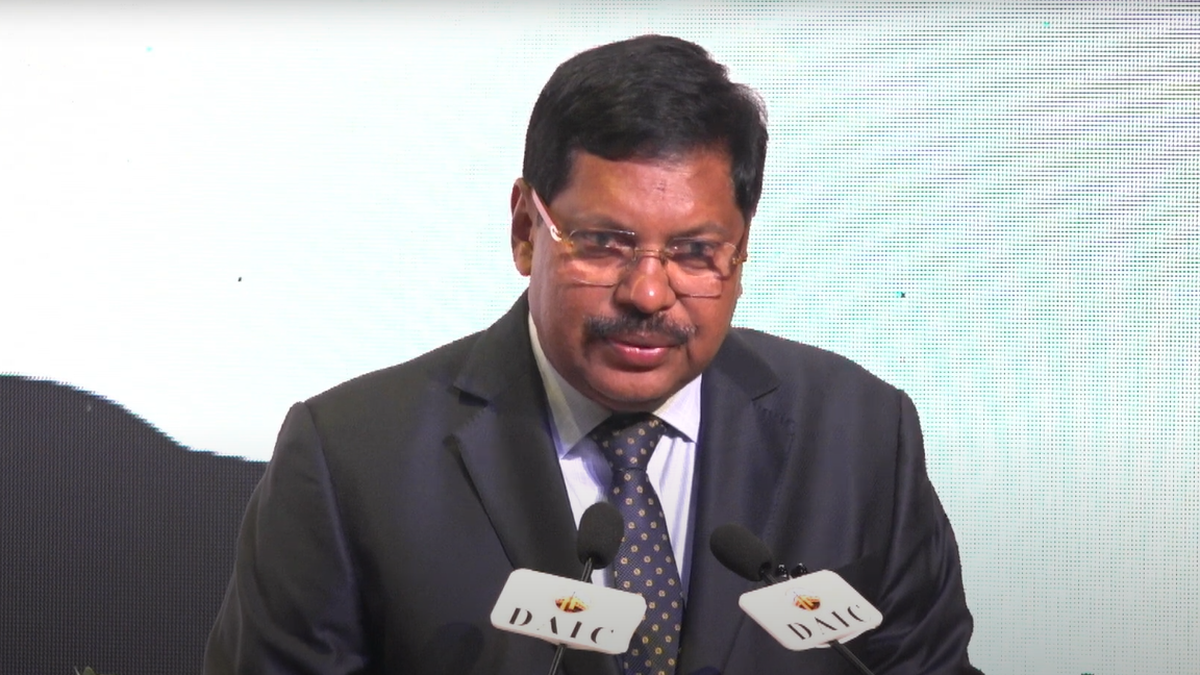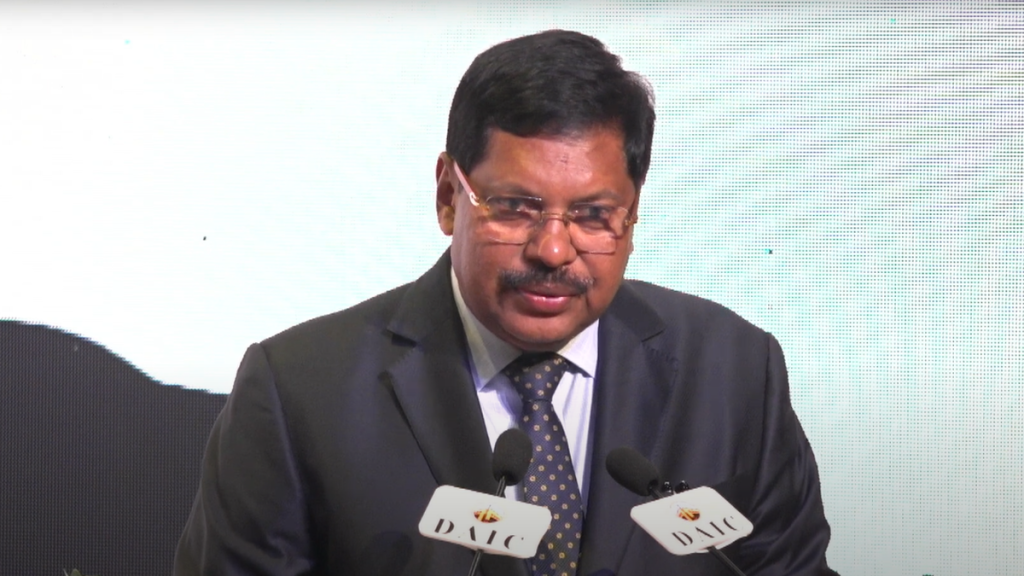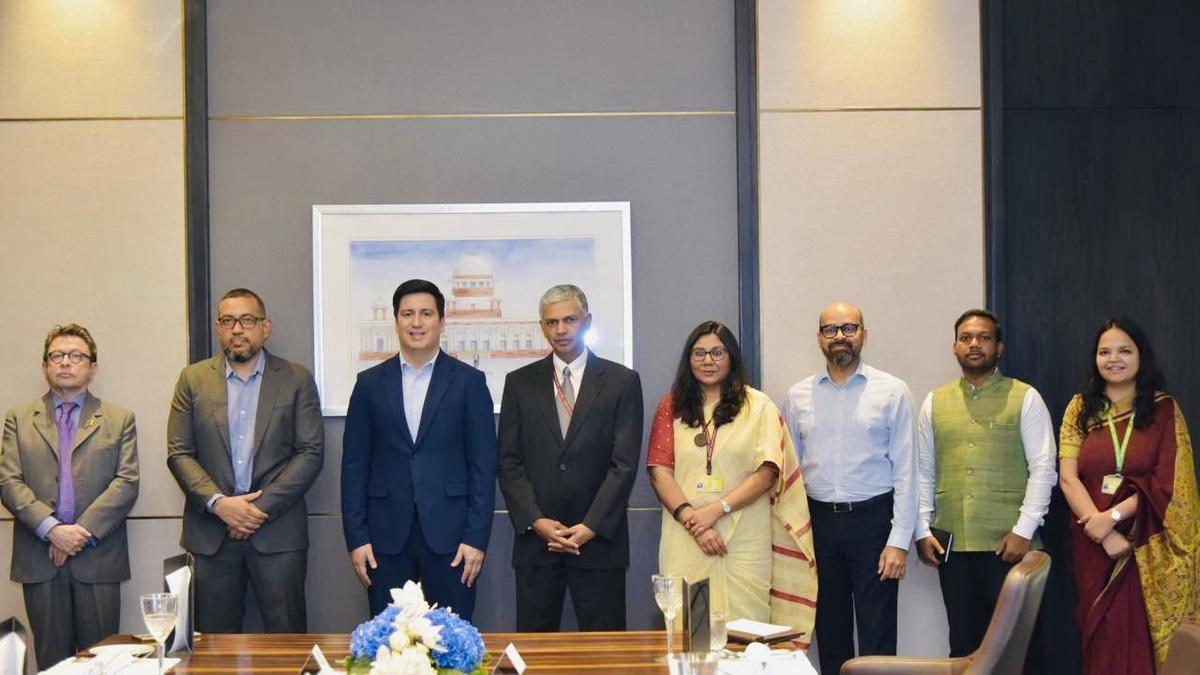Now Reading: CJI Highlights Economic and Linguistic Barriers in Accessing Justice and Legal Education
-
01
CJI Highlights Economic and Linguistic Barriers in Accessing Justice and Legal Education
CJI Highlights Economic and Linguistic Barriers in Accessing Justice and Legal Education

Speedy Summary
- Chief Justice of India B.R. Gavai highlighted barriers such as geographical, economic, and linguistic challenges that hinder marginalized citizens from accessing courts and legal education.
- During the First Professor N.R. Madhava Menon memorial Lecture on September 17, 2025, he emphasized the need for inclusive legal education and proceeding accessibility.
- Three books were launched at the event: Sustainability and Subsistence: Legal Strategies for a Green Planet and Disaster Management Laws in Asia: A Retrospect, edited by Prof. (Dr.) S.Sivakumar; and Law and society: During and post Covid Pandemic, co-edited by Mr. Sivakumar and Prof. (dr.) lisa P. Lukose.
- Justice Surya Kant advocated using technology like algorithms for scheduling hearings while maintaining human compassion in justice administration.
- Proposals included expanding regional language instruction in legal education, strengthening legal aid, dismantling linguistic alienation, promoting equity for first-generation learners, and leveraging technology to reimagine pathways to justice.
Indian Opinion Analysis
The issues raised by Chief Justice Gavai underscore long-standing systemic challenges within India’s judicial framework that disproportionately affect rural populations and marginalized communities. His emphasis on removing linguistic barriers reflects a crucial step toward equitable access to justice in a linguistically diverse country like India.
Justice Kant’s assertion about balancing technological tools with human compassion introduces an important vision for future judicial reforms – one where efficiency through innovation does not compromise empathy or fairness.
The focus on reimagining legal education marks an alignment with broader goals of inclusivity as India approaches its centennial year of independence in 2047, prompting necessary dialogues around bridging gaps between law’s theoretical accessibility versus practical applicability across socio-economic strata.
These discussions could act as catalysts for broader institutional changes aimed at democratizing law while leveraging advancements in technology – outcomes essential not just structurally but ethically.

























